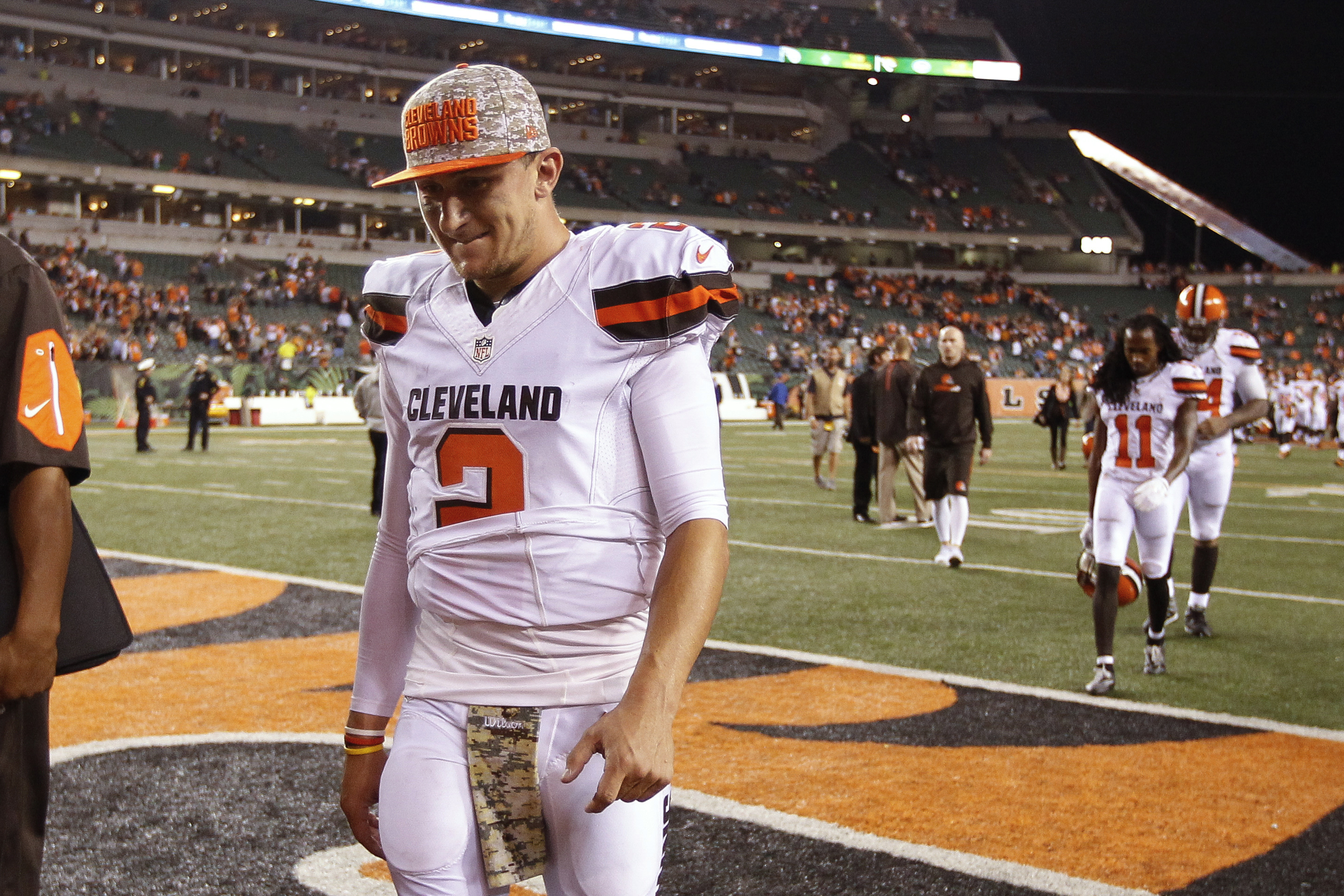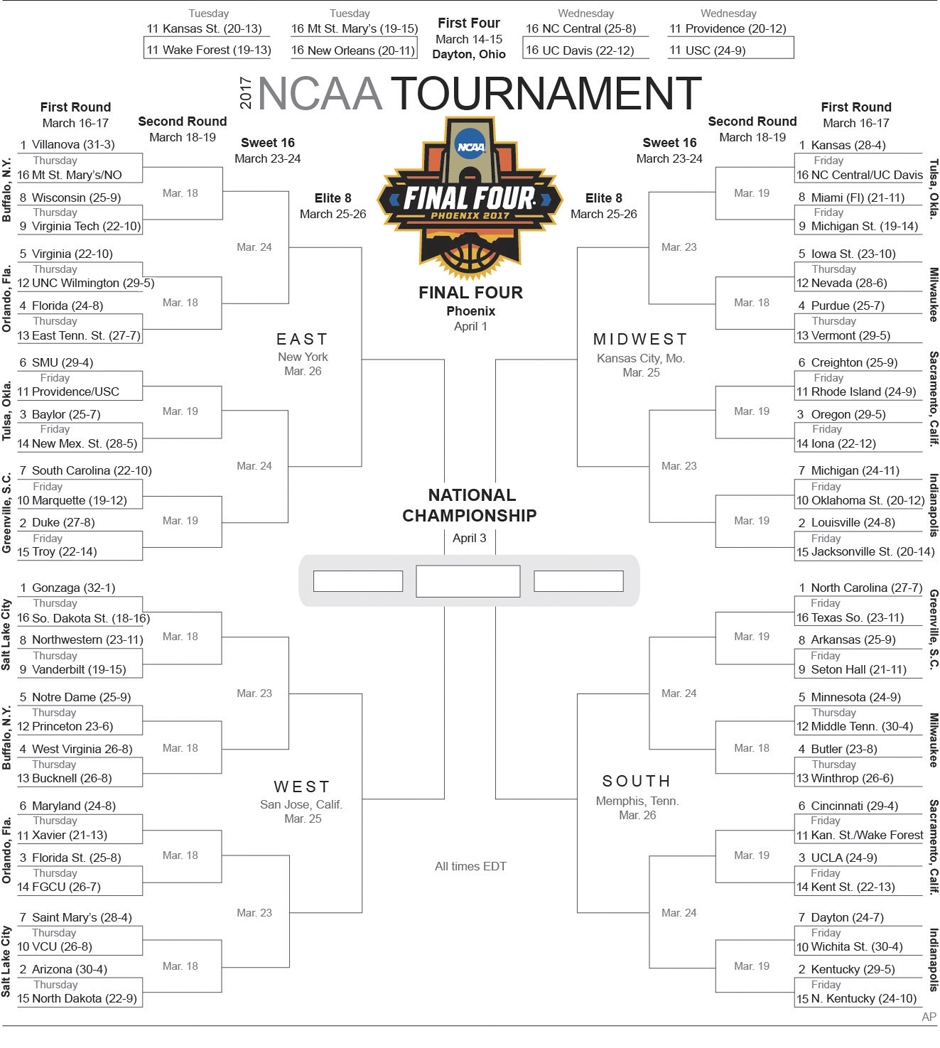Saúl Berríos-Thomas | Layout Editor
The NCAA will always be a hypocritical organization that only looks out for its own self-interest and profit.
That will never change. What needs to change is the way they make the rules up as they go and punish people differently for the same crime.
The fact that NCAA athletes don’t see a dime from the sale of their images and likenesses is outrageous.
On Aug. 8, District Judge Claudia Wilkinson ruled against the NCAA in the Ed O’Bannon trial deeming that the organization was in violation of antitrust law. In short, she ruled the NCAA was not allowed to use the images and likenesses of men’s basketball and football players without compensating players.
Even though the NCAA already lost in court, they are still maintaining their labor-without-pay system while the appeals process plays out.
I have always believed that if there is a ridiculous or unfair rule, you should break it, as long as you are willing to face the consequences. Many players do. Some have been caught, while many more have gotten away with breaking the rules. In this case, many players have been caught signing autographs and memorabilia for money.
Grown adults who find work as autograph brokers or memorabilia collectors pester young athletes and beg them for a scribble on a piece of paper. Then they run home and log on to their eBay account and post the signed napkin asking for thousands of dollars.
Here is where we hit the height of hypocrisy from the NCAA. When the NCAA was handed a photo of then Texas A&M quarterback Johnny Manziel signing autographs for a known autograph broker they launched an investigation. That investigation began in late August and was completed before the beginning of the season. During that time he was allowed to practice with the team. The star quarterback, who happens to be a rich white guy leading a ranked team, was only suspended for half of a football game because the NCAA could not prove that Manziel signed any of the autographs in exchange for money.
Fast forward to a few weeks ago when Todd Gurley, a running back at the University of Georgia, was suspended indefinitely for the same violation as Manziel. He has already missed one game and there is no reason to think he will be back anytime soon. He has already been suspended longer than Manziel was. This means 18 to 20 something-year-olds are guilty until proven innocent, but only when it is convenient for the NCAA.
Gurley was a Heisman contender and has legitimate NFL potential that could help a Georgia team with playoff aspirations. He is also a college student who can’t work a job other than his football career because he isn’t allowed by NCAA rules. Even if he were able to I doubt he would have time between football practice and schoolwork to maintain the team required GPA
According to the Atlanta Journal-Constitution, Gurley allegedly received $400 for signing 80 items. That’s $5 per autograph. Up until this week, Georgia was selling jerseys with Gurley’s number on it for $134.95 retail on its website, according to ESPN.
The NCAA is a blatantly unfair organization that exploits its athletes. Some of those athletes only had one chance to escape the poverty, which is a chance to play a sport for free. The argument you always hear is that athletes earn a free education in exchange for their performance on the field.
Not exactly.
A “free” education is not as easy as it sounds. It accounts for tuition costs, but some players still have to pay for room and board, food, books, clothes and their travel to and from the school during the summers, all while the NCAA continues to generate billions of dollars in revenue by broadcasting games on television, selling merchandise and packing 100,000 people into stadiums across the country every Saturday.
The NCAA needs to change. That won’t happen overnight, and until it does, young athletes will continue to be exploited by the system. At least now ignorance can’t be the excuse for inaction.




